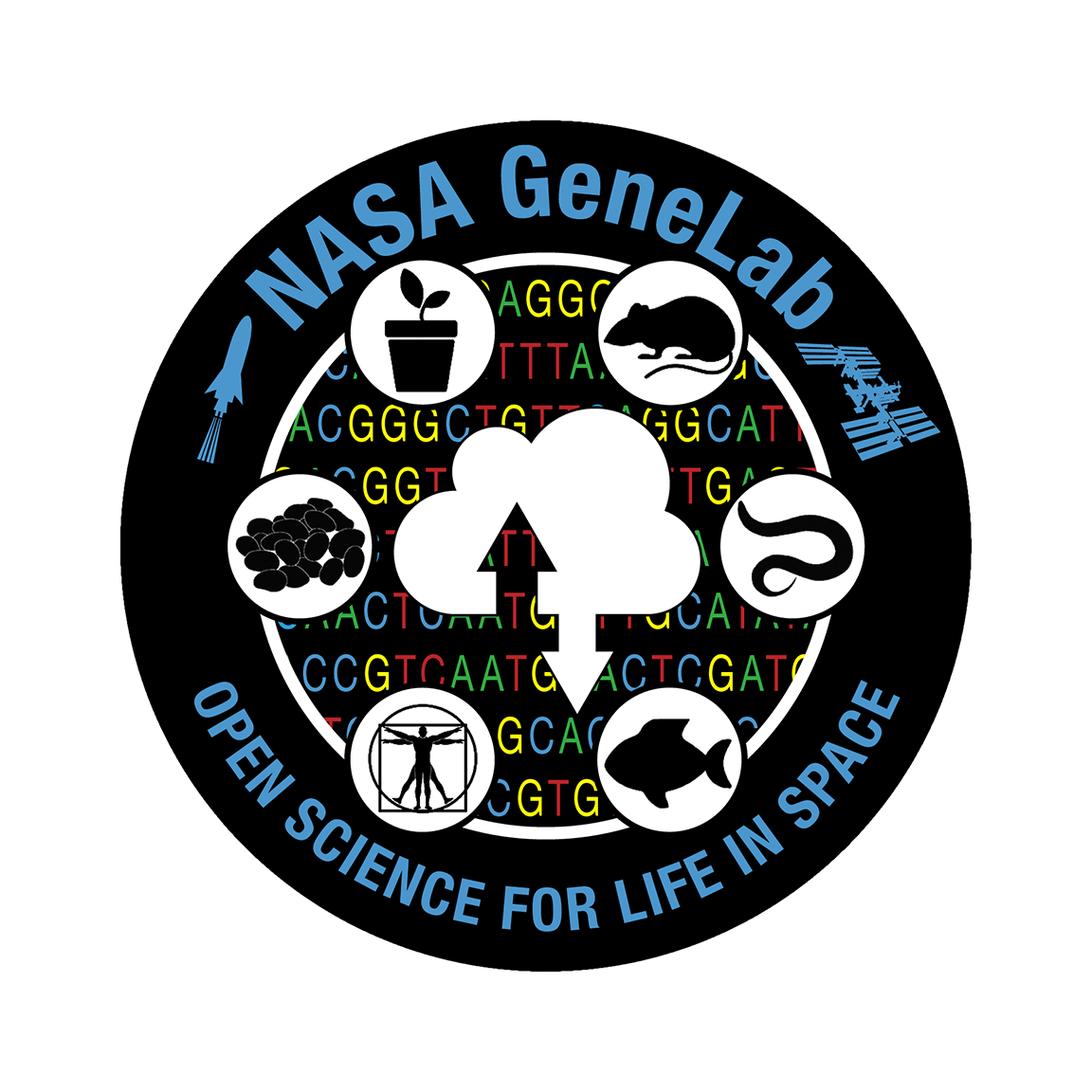It seems like a recent experiment has made a rather groundbreaking revelation and we just discovered that gravity is responsible is for a big change in the human body and more! What is this new discovery all about? Well, we are about to find that out in this article given below!
Scientists Have Been Able To Discover Some Groundbreaking Facts About Space And Human Condition!
It has been revealed through an experiment with space worms that gravity actually affects genes and it further claims that Living at low gravity can affect cells at the genetic level. This sure is a groundbreaking discovery! Here’s the official Twitter post that the page has uploaded thus, further confirming the big discovery ahead.
Experiments on Worms in Space Show How Low Gravity Can Affect Humans on Genetic Level – By @kun5khttps://t.co/ZzKi1MtgiM
(📸: NASA) pic.twitter.com/i7BphINWpN
— The Weather Channel India (@weatherindia) November 27, 2020
Moreover, the Stronger effects are found in some specific genes, especially among neurons which are the nervous system cells. The study was conducted by the University of Exeter and the NASA GeneLab has finally explained our understanding of why living organisms that including humans will suffer a physical decline in space. The gene is greatly affected by the gravity and that’s the reason why humans find it hard to survive in the space environment and more.
The Experiment Was Conducted With Worms.
According to Dr.Timothy Etheridge, this is very the reason why the body reacts rather poorly to space flight. They are trying to reduce these health effects, which are at present a major restriction to deep-space exploration.
…how living in low gravity can affect our cells at the genetic level—and it has done so using worms!
The research by the University of Exeter and the NASA GeneLab, took some Caenorhabditis elegans worms to the @Space_Station and exposed them to low gravity conditions.
— The Weather Channel India (@weatherindia) November 27, 2020
With these worms displaying a pattern of molecular signatures and physiological features that closely resemble those observed in humans, the findings are to provide a strong base for a better understanding of spaceflight-induced health decline in mammals and, eventually, in humans as well.

